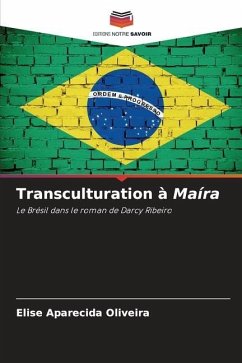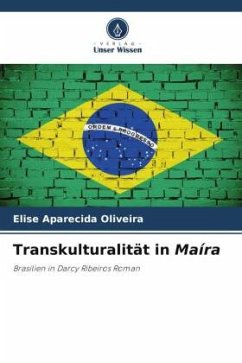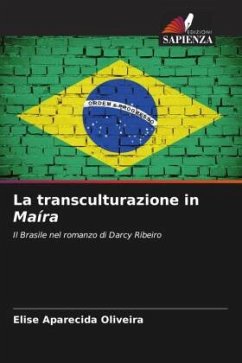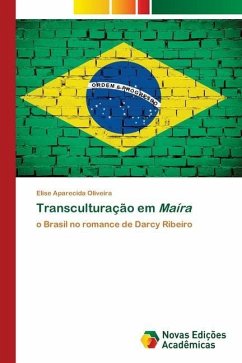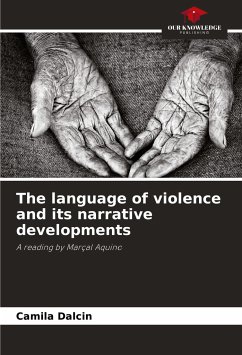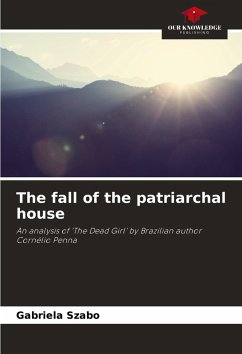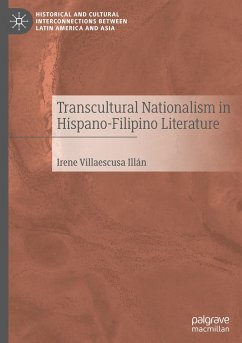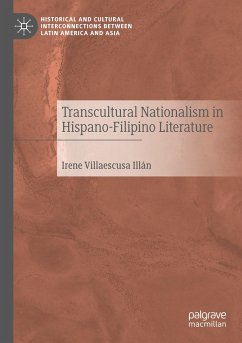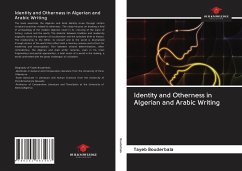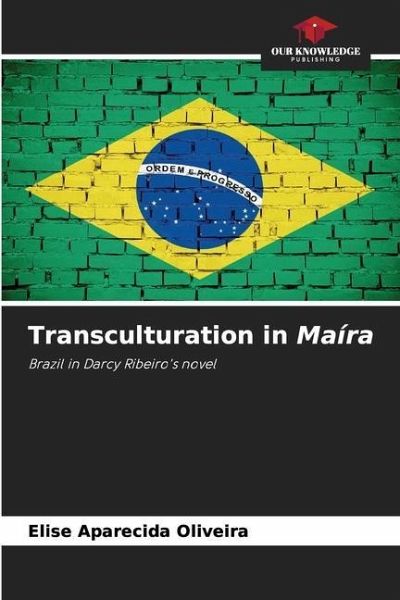
Transculturation in Maíra
Brazil in Darcy Ribeiro's novel
Versandkostenfrei!
Versandfertig in 6-10 Tagen
45,99 €
inkl. MwSt.

PAYBACK Punkte
23 °P sammeln!
The Brazilian anthropologist, during his exile, along with other intellectuals, participated in the organization of the Ayacucho Library, in Caracas, with the idea of publishing texts of various genres in order to present a broad view of Latin America, promoting a reflection of its multiple aspects. At the same time, Darcy Ribeiro resumes his activity as a novelist with the publication of his novel Maíra, in 1976. The relevance of this research is to expand the field of research on the fictional work of the anthropologist-romanticist, considering that his novel is little studied in relation t...
The Brazilian anthropologist, during his exile, along with other intellectuals, participated in the organization of the Ayacucho Library, in Caracas, with the idea of publishing texts of various genres in order to present a broad view of Latin America, promoting a reflection of its multiple aspects. At the same time, Darcy Ribeiro resumes his activity as a novelist with the publication of his novel Maíra, in 1976. The relevance of this research is to expand the field of research on the fictional work of the anthropologist-romanticist, considering that his novel is little studied in relation to his publications in the field of Anthropology. It becomes instigating to establish the relationship of the novel Maíra with the literary project idealized by Rama, through the vindication of Latin American cultural identity. In this perspective, this work seeks to clarify whether Darcy Ribeiro's novel can be seen as an integral part of the Latin American literary system proposed by the Uruguayan critic in the context of the 1970s.



